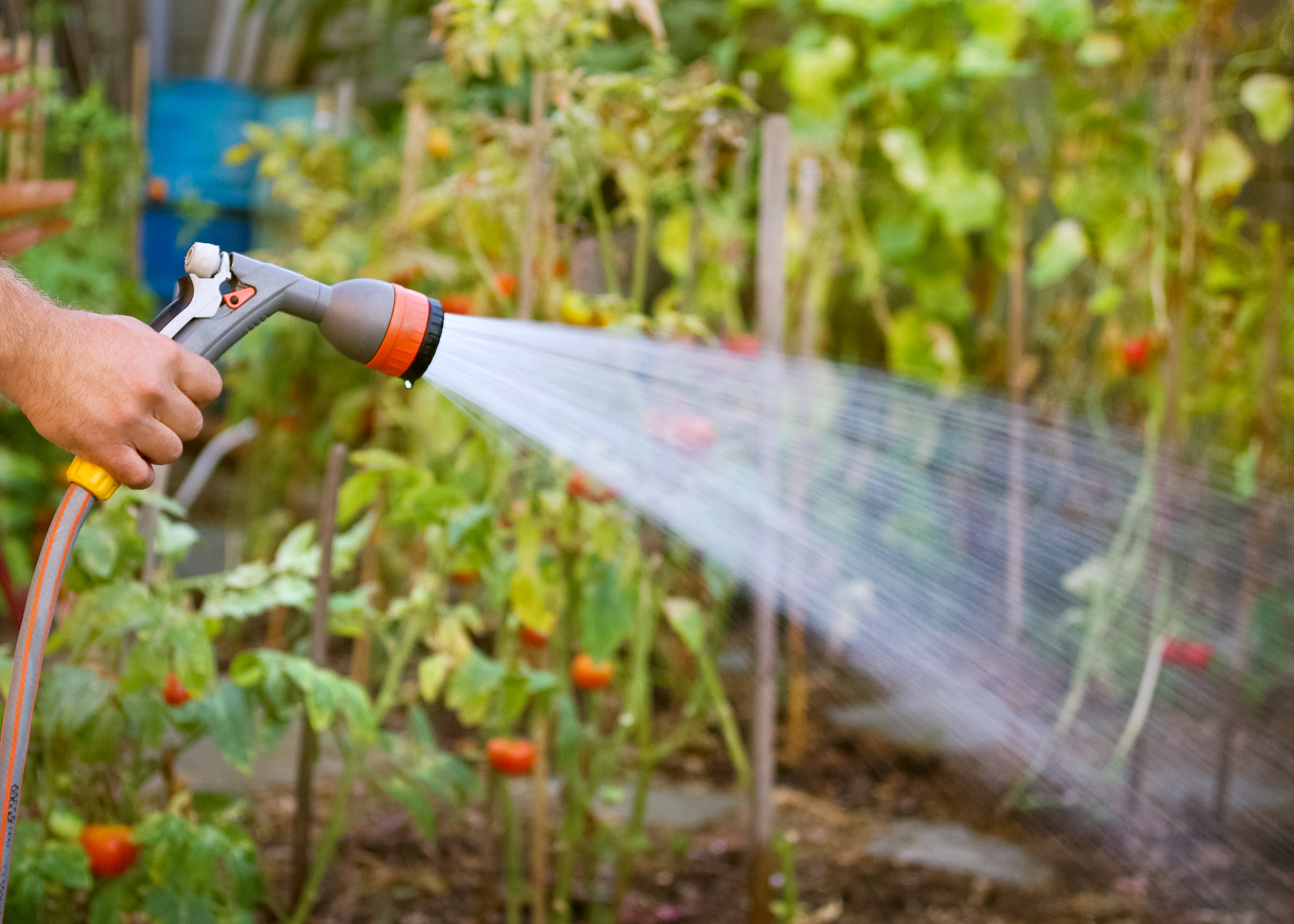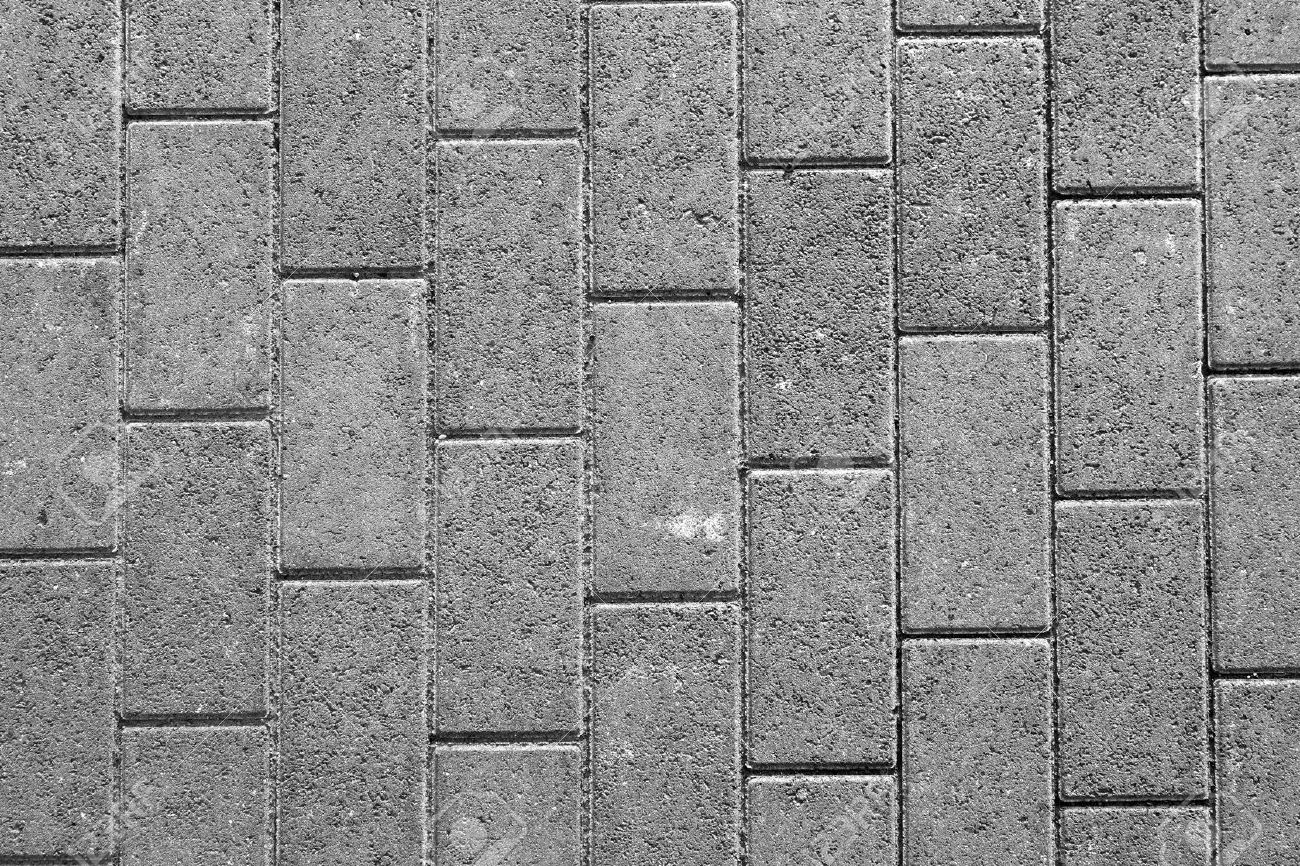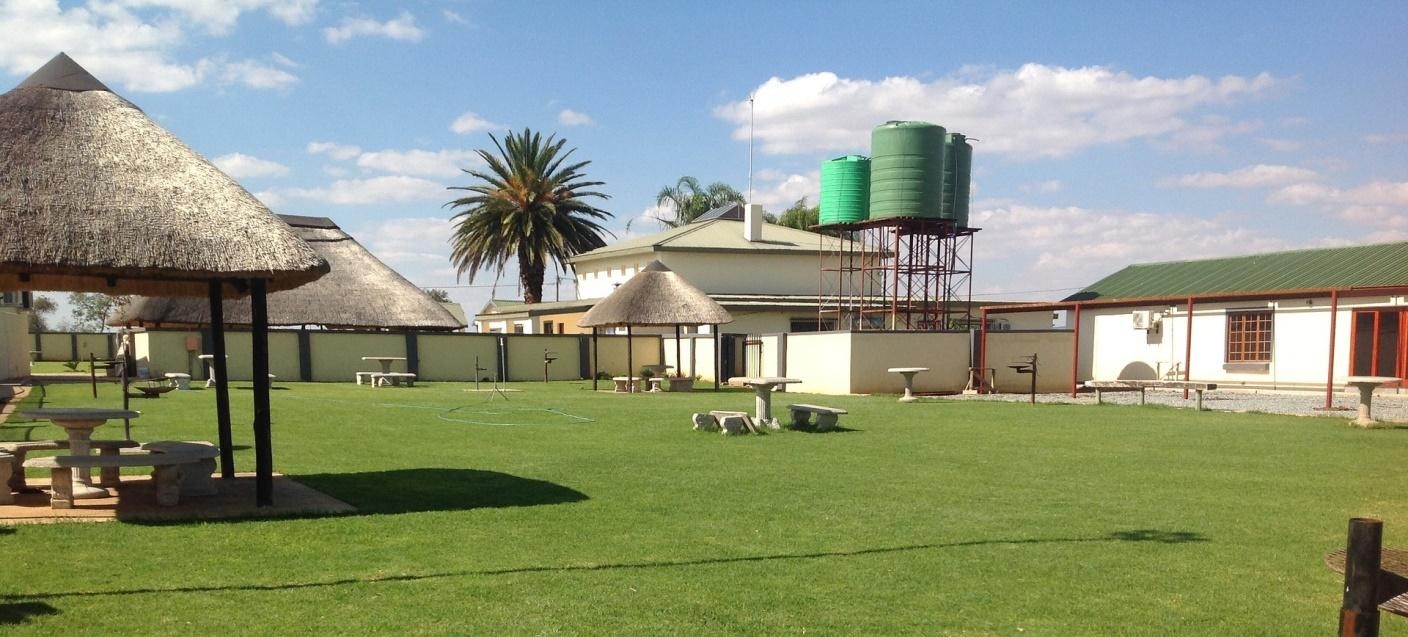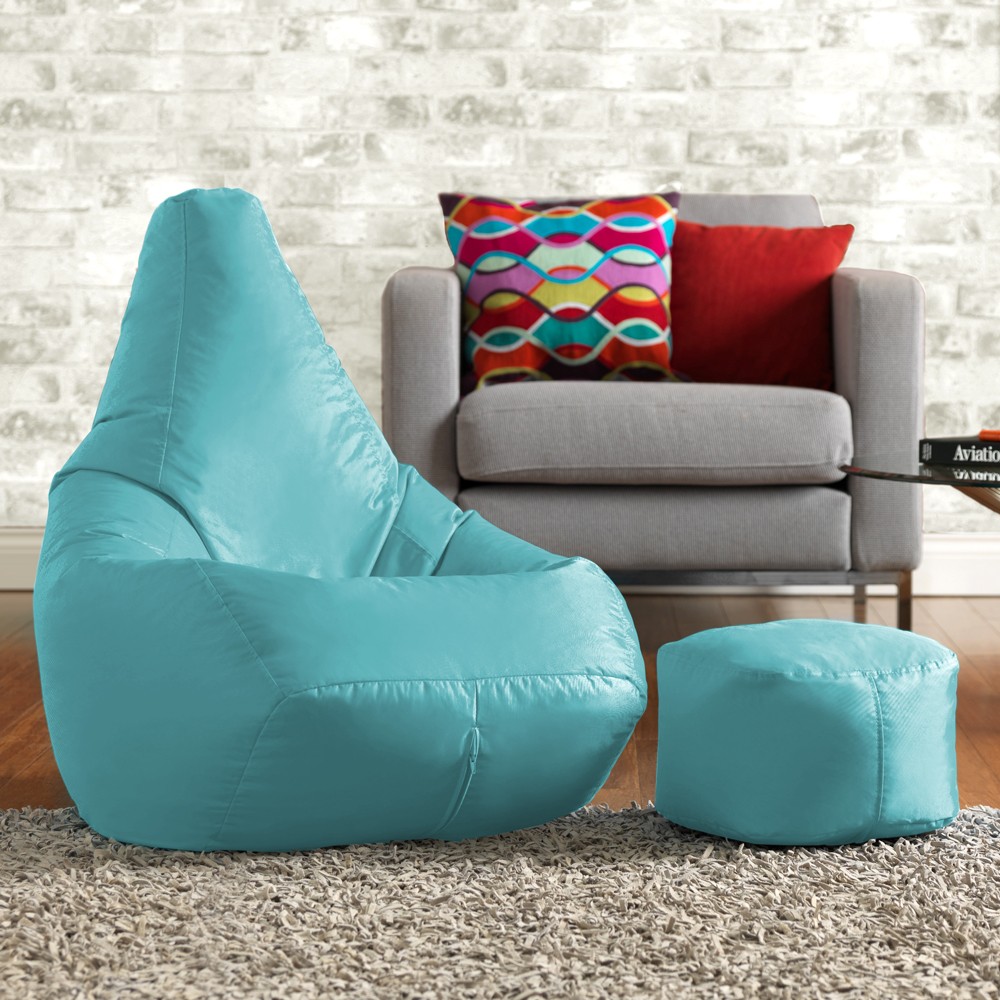The weather is warming up and what better, more wholesome and low-cost way to keep the kids cool than to get the sprinkler out? Little do you know that your average garden hose may be harbouring a number of toxins that may be harmful not only to your children’s health, but the health of your vegetable plants too. We take a look at a significant study into garden hose toxicity and some tips for reducing the risk.
Toxic hose study
The findings of a 2016 study by the Ecology Centre came as a result of assessing 32 hoses from a range of major retailers. The study found that a whopping 38% of the hoses contained antimony and bromine, both chemicals that with prolonged exposure can cause thyroid, kidney or liver damage. Most of the inspected hoses were made from PVC (Polyvinyl Chloride), which is considered a toxic plastic as it contains BPA and phthalates, which are thought to interfere with both reproductive and hormonal development.
The study went further by leaving water for two days in seven of the hoses and analysing the water that was sitting in them after this period. Lead, phthalates and bisphenol were found in the water of these hoses. There are no safe levels of lead.
Choosing a hose
Look out for hoses which are advertised as ‘Drinking Water Safe’, or as ‘lead-free’, ‘BPA-free’ and ‘phthalate-free’. Be aware that a hose sold simply as ‘drinking water safe’ may still have harmful phthalates in. Also consider rubber hoses or silicone hoses, as opposed to PVC options, such as those found at https://www.goodflexrubber.com/pages/silicone-hose-manufacture. Also store your hose in a dark and cool area, which prevents the materials from breaking down so easily. Furthermore, make sure you allow the water to run for a while to let any sitting water out before you allow your children to play with the sprinkler. Try to fill paddling pools with water directly from your tap, these may take a few journeys but at least it means the water will be free of these nasty toxins.
These findings may well be worrying to parents who have always considered their hose quite safe for children and for vegetable plants. Armed with this knowledge, parents and homeowners can consider buying a safer hose made from silicone or rubber.






